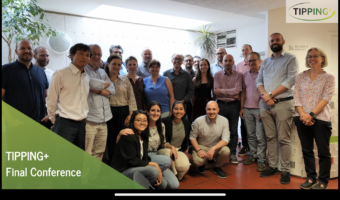The main goal of the TIPPING+ project was to create a transdisciplinary analytical framework to address questions about the different development trajectories in several coal and high-emission regions, the fundamental changes occurring in regional systems, and the most effective interventions to adapt to these changes. The conference summarized the main themes related to the conceptualization of tipping points in the development of coal regions, the role of specific institutions as agents of change in decarbonization processes, and the practical significance of the work for Territorial Just Transition Plans. Various NGOs, the European Commission, companies representatives and members of other projects focusing on coal regions, including those from Poland, visited our conference.
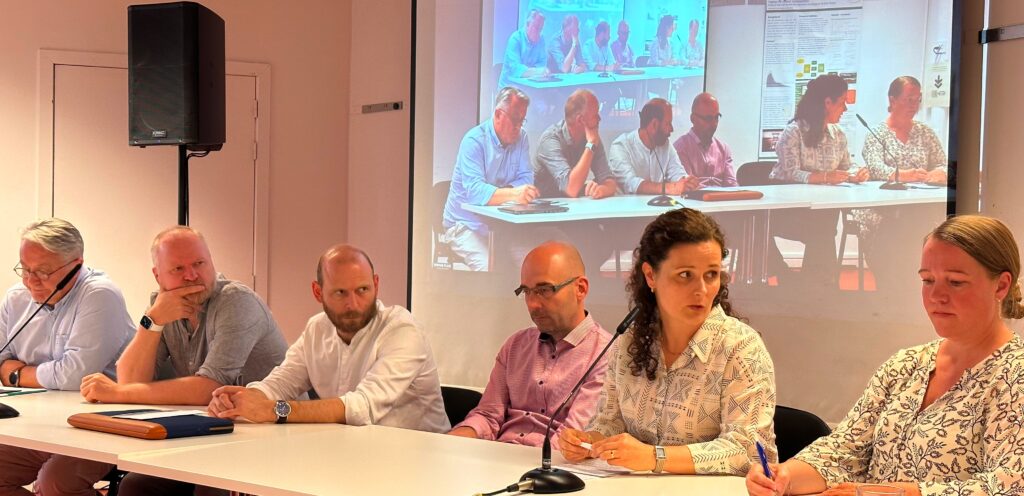
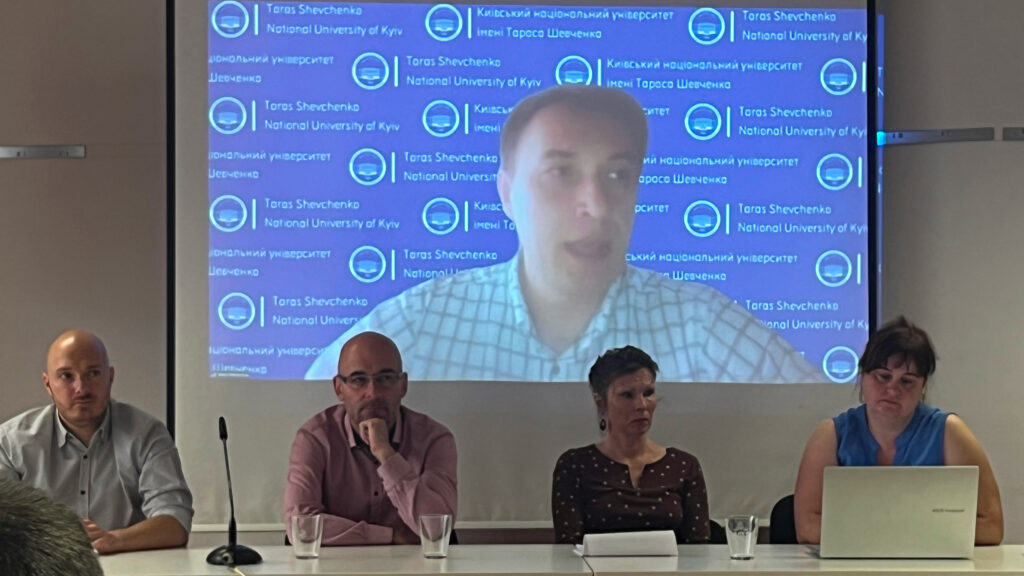
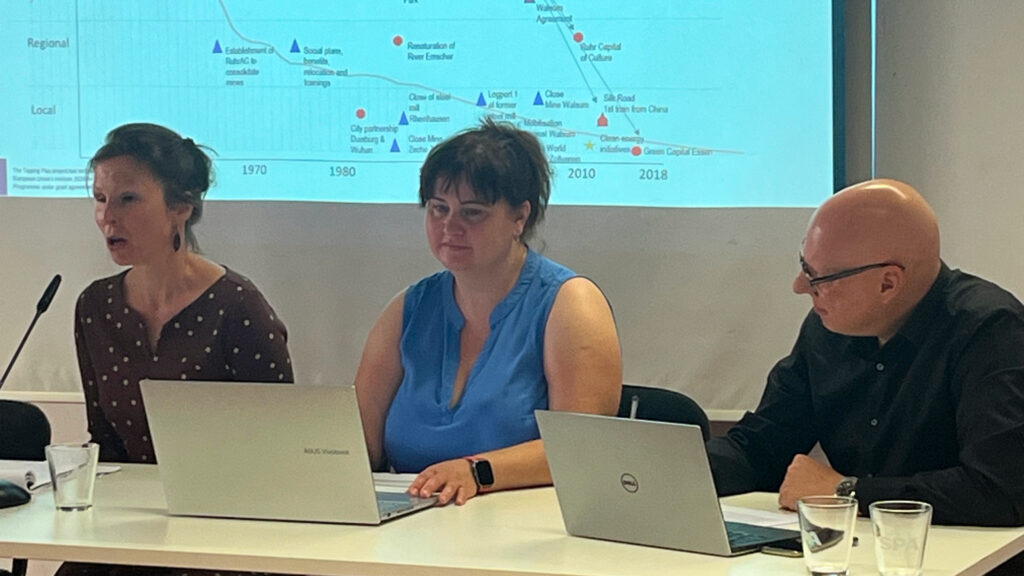
IBS contribution to the Tipping+ project
IBS researchers actively participated in the conference. Joanna Mazurkiewicz spoke on a panel discussing regional decarbonisation strategies, Jakub Sokołowski moderated the discussion, and Jan Frankowski presented a poster. Olha Lukash (Sumy State University) and Vasyl Namoniuk (Taras Shevchenko National University of Kyiv) also spoke at the event, continuing their scientific work in Ukraine thanks to the solidarity of the project consortium and employment in our scientific Foundation.
The achievements of the IBS team in the TIPPING+ project are summarised in a poster. Over the past three years, with the support of the Horizon 2020 program and complementary projects, we have provided knowledge about labour market transformations induced by decarbonisation in Europe’s largest coal region resulting in two scientific publications thus far. We presented the results at several conferences, and the insights were used in regional strategic documents and World Bank reports. As evidence of our research activity, this year, we were invited by the Marshal’s Office of the Silesian Voivodeship to the Regional Council for Just Transition.
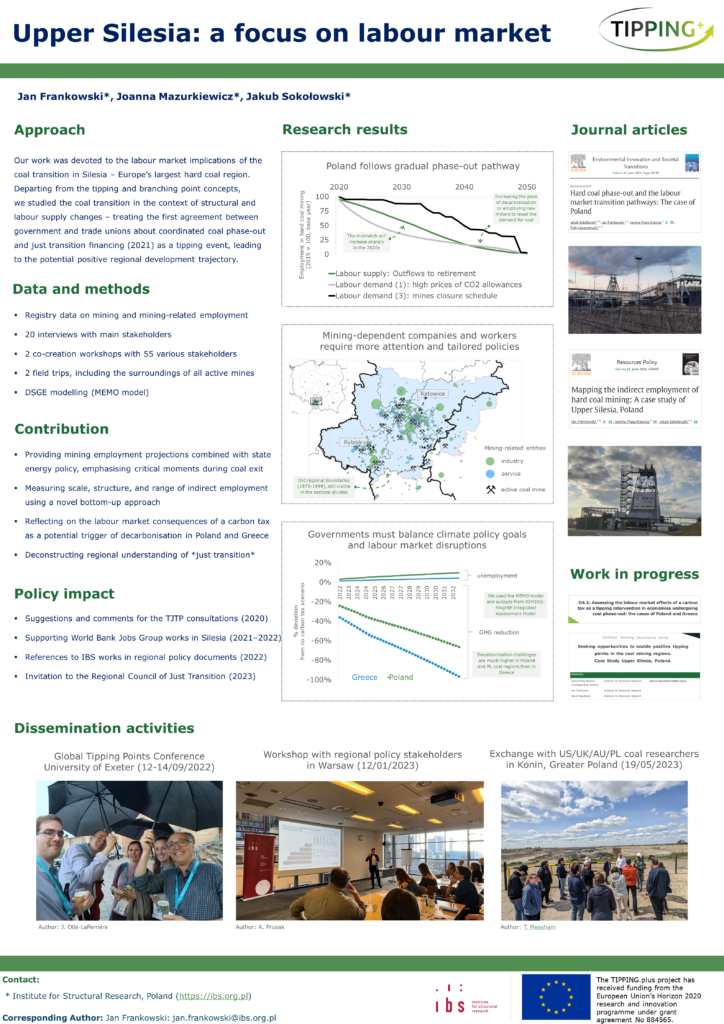
The three-year project was also an opportunity to establish deeper scientific connections with institutions dealing with the social aspects of energy transformation. Therefore, we prepare joint work until the end of October and promote project results at research conferences and workshops.
